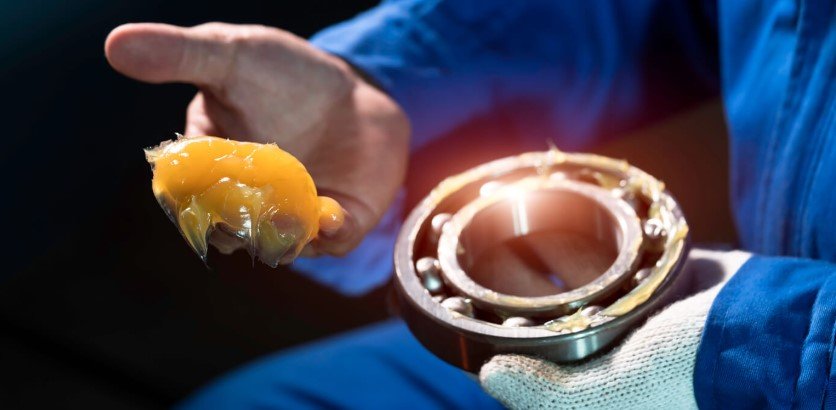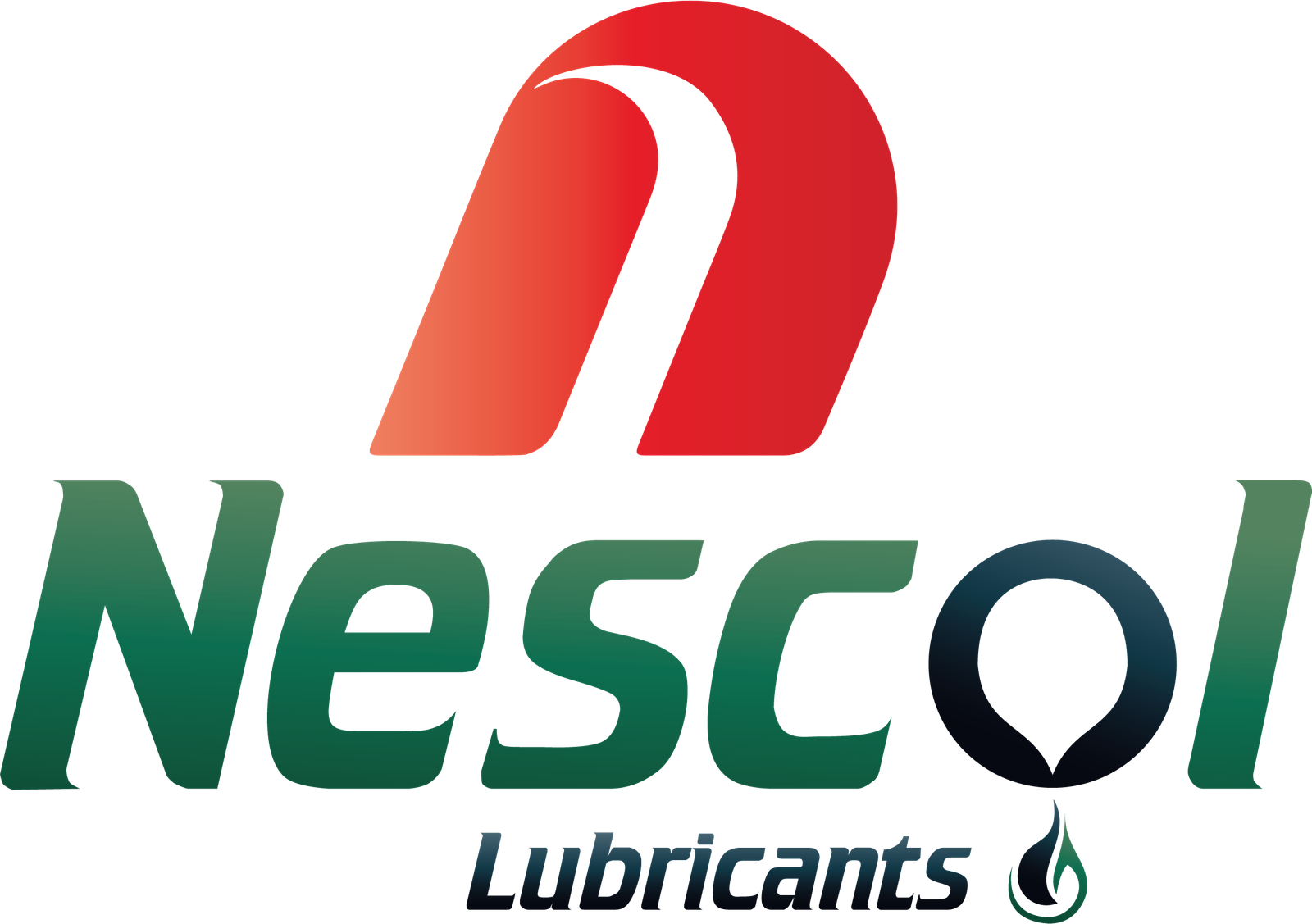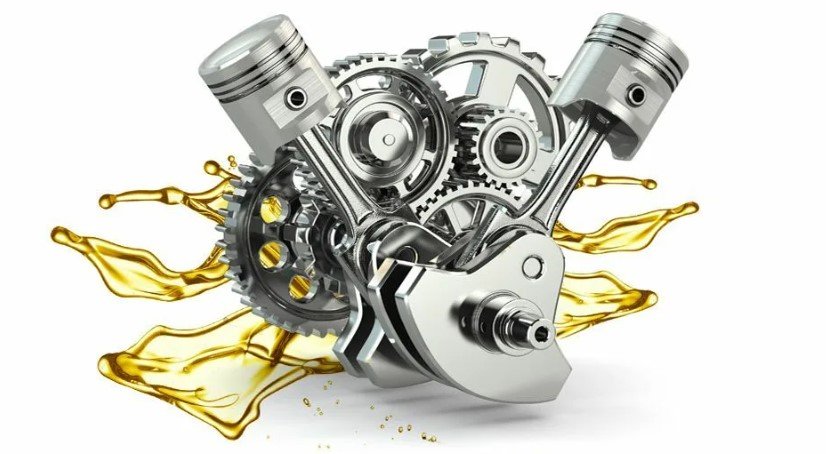How To Choose The Right Lithium Grease in Dubai For Your Car?
In the dynamic and demanding environment of Dubai, where the skyline is a testament to engineering excellence, your car is a personal engineering marvel that requires equally meticulous care. The relentless sun, abrasive desert sand, and high humidity create a perfect storm of conditions that can accelerate wear and tear on your vehicle’s vital moving parts. While engine oil often steals the spotlight, the silent guardian of your car’s chassis, suspension, and bearings is a high-performance lubricant: lithium grease.
Selecting the right lithium grease is a critical decision that goes far beyond picking the most colorful tube or the cheapest option. It is an exercise in understanding tribology—the science of friction, wear, and lubrication—and applying it to the unique challenges of the UAE. This in-depth guide is designed to be your definitive resource. We will dissect the chemistry, decode the specifications, and provide a clear, actionable framework to ensure you choose a product that offers superior protection, enhances performance, and extends the lifespan of your vehicle.
Demystifying Lithium Grease - More Than Just a "Grease"
Lithium grease belongs to a class of lubricants known as “soap-thickened greases.” Its structure is a fascinating three-dimensional matrix, much like a sponge.
The Thickener (The Sponge): Lithium soap, created by reacting lithium hydroxide with a fatty acid, forms the fibrous structure that gives the grease its semi-solid consistency. This structure acts as a sponge, holding the base oil in place.
The Base Oil (The Liquid): This is the actual lubricating component, typically comprising 80-90% of the grease. It can be mineral oil (derived from crude oil) or synthetic oil (chemically engineered). When pressure is applied to the grease, the thickener structure temporarily breaks down, releasing the oil to lubricate the surface. Once the pressure subsides, the oil is re-absorbed.
Why Lithium Grease? The Advantages of Lithium Grease in Dubai's Climate:

Lithium-based thickeners offer a “Goldilocks Zone” of properties that make them exceptionally suitable for automotive use in the Gulf:
High Dropping Point: The dropping point is the temperature at which the grease transitions from a semi-solid to a liquid. Standard lithium greases have a dropping point around 190°C (375°F), while advanced Lithium Complex greases can exceed 260°C (500°F). This is crucial for preventing grease from melting and running out of wheel bearings during long, hot drives on Jebel Ali Motorway or through city traffic.
Excellent Water Resistance: Lithium grease exhibits good resistance to water washout. It can protect components from the effects of high humidity, occasional rain showers, and frequent car washes without emulsifying or dissolving.
Mechanical Stability: The thickener structure is resilient, meaning it can withstand the shearing forces inside high-speed components like wheel bearings without breaking down and losing its consistency.
Versatility: It is a true multi-purpose grease, suitable for a vast array of applications, from high-speed bearings to slow-moving hinges.
A Deep Dive into the Technical Specifications of Lithium Grease - Your Checklist for Quality
To make an informed choice, you must become fluent in the language on the grease tube. Here are the critical factors to scrutinize:
1. NLGI Grade: The Consistency Number
The National Lubricating Grease Institute (NLGI) grade is the single most important indicator of a grease’s hardness. For car owners, the primary grades are:
| NLGI Grade | Consistency | Appearance Similar To | Common Automotive Applications |
|---|---|---|---|
| NLGI #000 | Semi-Fluid | Ketchup | Some centralized lubrication systems, differentials |
| NLGI #00 | Very Soft | Apple Sauce | Certain constant velocity (CV) joints |
| NLGI #0 | Soft | Brown Mustard | CV joints, some manual transmission linkages |
| NLGI #1 | Soft | Tomato Paste | Low-temperature wheel bearings, some chassis points |
| NLGI #2 | Medium (Standard) | Peanut Butter | Wheel Bearings, Ball Joints, U-Joints, General Chassis |
| NLGI #3 | Hard | Vegetable Shortening | High-load, low-speed applications |
Verdict for Dubai: An NLGI #2 grade is the undisputed champion for over 90% of automotive applications. It provides the ideal balance between staying in place under heat and being soft enough to flow and protect components.
2. Base Oil: The Heart of the Lubricant – Mineral vs. Synthetic
This is where the performance gap widens significantly. The base oil determines the grease’s fundamental performance limits.
| Feature | Mineral Oil-Based Grease | Synthetic Oil-Based Grease |
|---|---|---|
| Source | Refined from crude oil | Chemically engineered molecules |
| Cost | Lower | Higher |
| High-Temp Stability | Good | Excellent – Resists oxidation and thermal breakdown far better |
| Low-Temp Performance | Becomes stiff | Remains pliable, ensuring startup lubrication |
| Service Life | Shorter; degrades faster | Longer; more stable, extending service intervals |
| Film Strength | Good | Superior; provides a more durable protective layer |
| Best For | Standard passenger cars, mild driving conditions | High-performance cars, extreme heat (Dubai summers), heavy loads, extended service intervals |
Pros and Cons of Synthetic Lithium Grease:
Pros:
Superior protection in extreme heat (ideal for UAE summers).
Longer-lasting, which can reduce long-term maintenance costs.
Better fuel efficiency in lubricated components due to reduced friction.
Excellent performance in both very hot and very cold conditions.
Cons:
Higher initial purchase cost.
Can be overkill for non-critical, lightly loaded applications (e.g., door hinges).
3. Additives of Lithium Grease: The Specialized Performance Package
Additives are chemical compounds that give grease its “superpowers.” For Dubai’s driving conditions, look for these key additives:
Extreme Pressure (EP) Additives: These are non-negotiable for components like wheel bearings and CV joints. They contain compounds like zinc (ZDDP) or sulfur that react with metal surfaces under high pressure and temperature to form a sacrificial protective layer, preventing welding and pitting. Always choose an EP-rated grease for critical automotive components.
Anti-Wear (AW) Additives: They form a bonded film on metal surfaces to reduce friction and wear during normal operation, complementing EP additives.
Anti-Corrosion & Rust Inhibitors: These create a barrier against moisture and salt, preventing rust and corrosion. This is vital in a coastal city like Dubai.
Solid Additives: Molybdenum Disulfide (Moly) or Graphite are sometimes added to greases for extreme pressure applications. They act as solid lubricants, sliding between metal surfaces under loads so high that the fluid film would collapse.
Application of Lithium Grease - Specific Recommendations for Your Car
Let’s translate the technical data into practical advice for specific parts of your car.
Wheel Bearings: This is the most critical application.
Recommended: NLGI #2, Lithium Complex or Synthetic Lithium, EP-rated.
Why: Bearings experience high speeds, heavy loads, and extreme heat generated by friction and transferred from the brakes. A high-temperature, EP grease is essential for safety and longevity. A premium product, such as those from Nescol Lubricants, is engineered to meet these severe demands.
Brake Caliper Slide Pins:
Recommended: A dedicated Synthetic Brake Caliper Grease or a high-purity synthetic lithium grease specifically labeled as safe for rubber and plastic.
Critical Note: Many standard lithium greases are not compatible with the rubber boots and seals in the brake system. Using the wrong grease can cause the rubber to swell and fail, leading to stuck calipers and dangerous brake drag. Never use standard grease on brake components unless the product explicitly states it is safe to do so.
Suspension (Ball Joints, Tie Rod Ends):
Recommended: NLGI #2, Lithium or Lithium Complex, EP-rated.
Why: These components bear the weight of the vehicle and endure shocks from road imperfections. EP additives prevent wear under these high shock loads.
Universal Joints (U-Joints) and CV Joints:
Recommended: NLGI #2, Lithium Complex, EP-rated. Some CV joints require a specific, softer NLGI #0 or #00 grease.
Why: U-joints operate at high angles and speeds, requiring a mechanically stable, high-temperature grease.
General Lubrication (Door Hinges, Latches, Locks):
Recommended: A standard NLGI #2 Lithium Grease is perfectly adequate.
Tip: Use a grease with a compatible applicator nozzle for easy, clean application.
The Trust Factor - Why Brand and Quality Assurance are Non-Negotiable
A brand’s Expertise is demonstrated through its investment in research and development and adherence to international standards like ISO. Its Authoritativeness is built over time with a proven track record of performance and reliability in the field. When you choose a manufacturer with deep regional knowledge, like Nescol Lubricants, you are leveraging their specific Experience in formulating products for the punishing Middle Eastern climate. This culminates in a product you can Trust.
Why Choosing a Cheap, No-Name Brand is a False Economy:
Risk of Inconsistent Quality: The thickener and base oil may be of poor quality, leading to rapid separation (bleeding) and failure.
Lack of Proper Additives: They may lack sufficient EP or anti-wear additives, offering minimal protection under load.
Potential for Damage: Incompatible additives can corrode sensitive metals or damage rubber seals.
Your Action Plan - A Step-by-Step Buying Guide in Dubai
Diagnose: Identify which components need lubrication. Is it a routine service or a specific repair?
Research & Consult: Open your vehicle’s owner’s manual. It may specify grease types (e.g., “NLGI #2 LBGC” referring to a Lithium Complex Grease).
Prioritize Performance: For critical, high-temperature, or high-load applications, make synthetic, EP-rated grease your default choice. The marginal extra cost is insurance for your vehicle.
Select the Brand Wisely: Choose a reputable brand known for quality and technical support. Look for companies with a strong presence and distribution network in the UAE. This ensures you get genuine, fresh product. The formulations from Nescol Lubricants, for example, are a testament to what a region-specific, high-quality lubricant can deliver in terms of peace of mind.
Purchase from Authorized Sources: Buy from established auto parts retailers (e.g., Ace, Sparko), hypermarkets with a reliable auto section, or directly from authorized distributors to guarantee authenticity.
Conclusion: An Investment in Performance and Longevity
In the grand scheme of car maintenance, a tube or cartridge of high-quality lithium grease is a minor expense. However, its role is major. The right choice protects against the specific challenges of heat, load, and contamination found in Dubai. It ensures your car’s moving parts operate smoothly, safely, and efficiently for years to come.
By moving beyond a generic purchase and making a selection based on technical understanding and trust in a reputable brand, you transition from being just a driver to being an informed custodian of your vehicle. Your car will reward you with reliability on every journey, from a simple commute to Marina to an adventurous desert drive.
FAQs
Synthetic grease offers superior stability and protection against Dubai’s extreme summer heat. It resists thermal breakdown far better than mineral-based greases, lasts longer, and provides better overall protection for critical components.
You must use a grease specifically formulated for brakes. Standard lithium grease can damage rubber seals in the brake caliper assembly. Always use a dedicated synthetic brake caliper grease that is safe for rubber and plastic.

